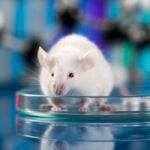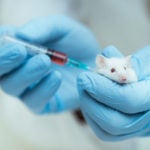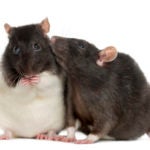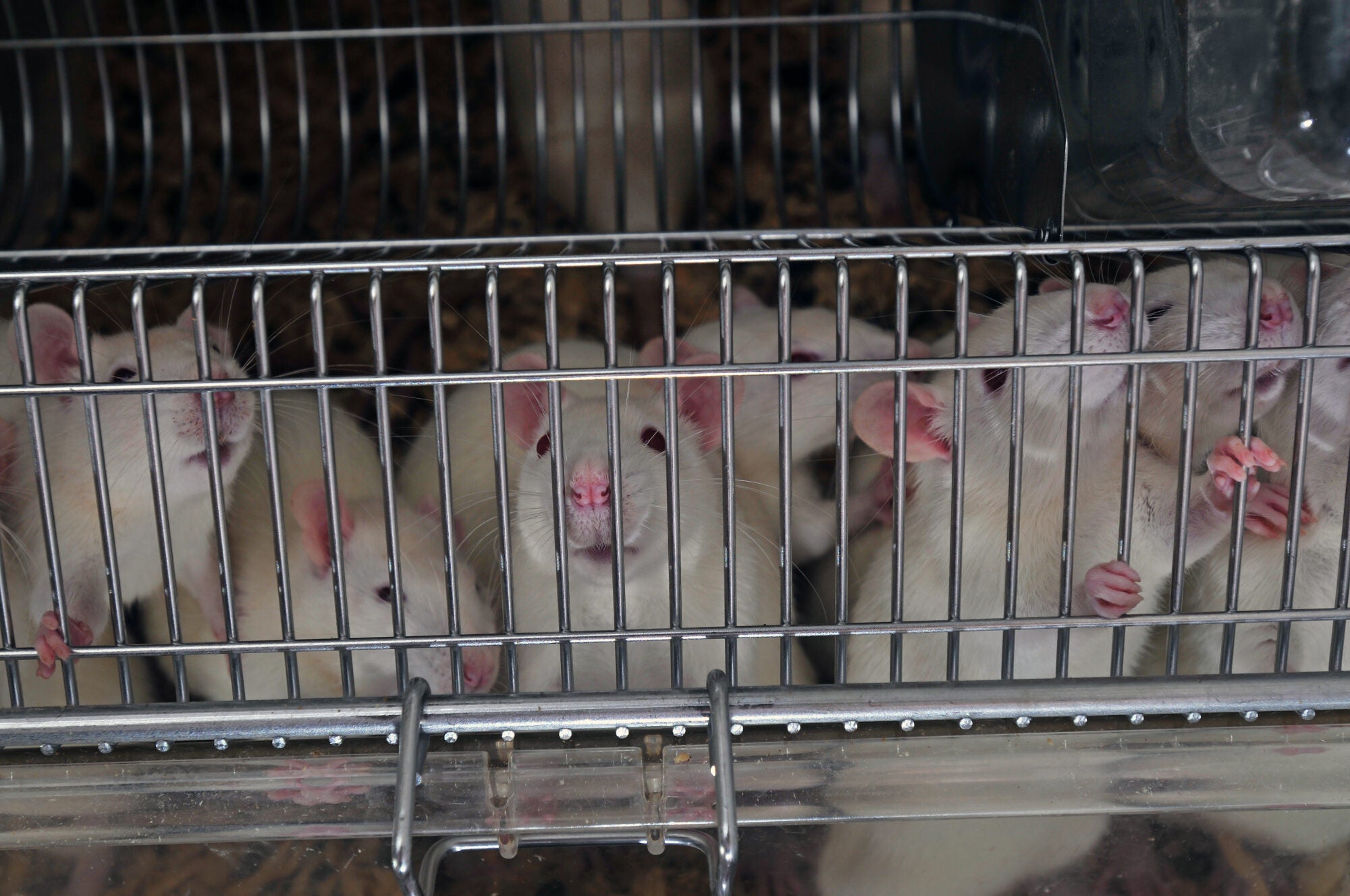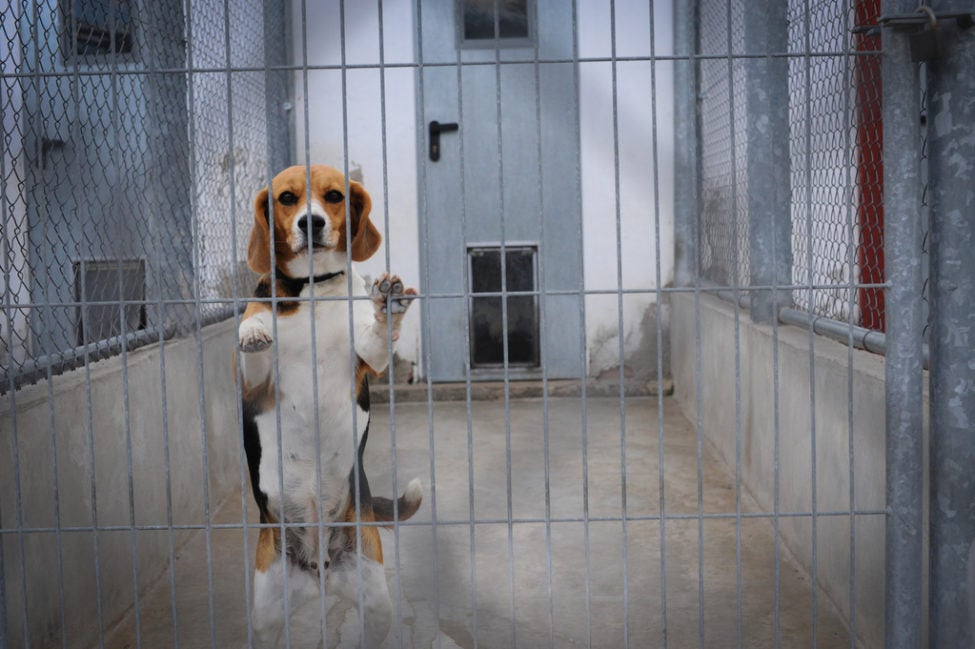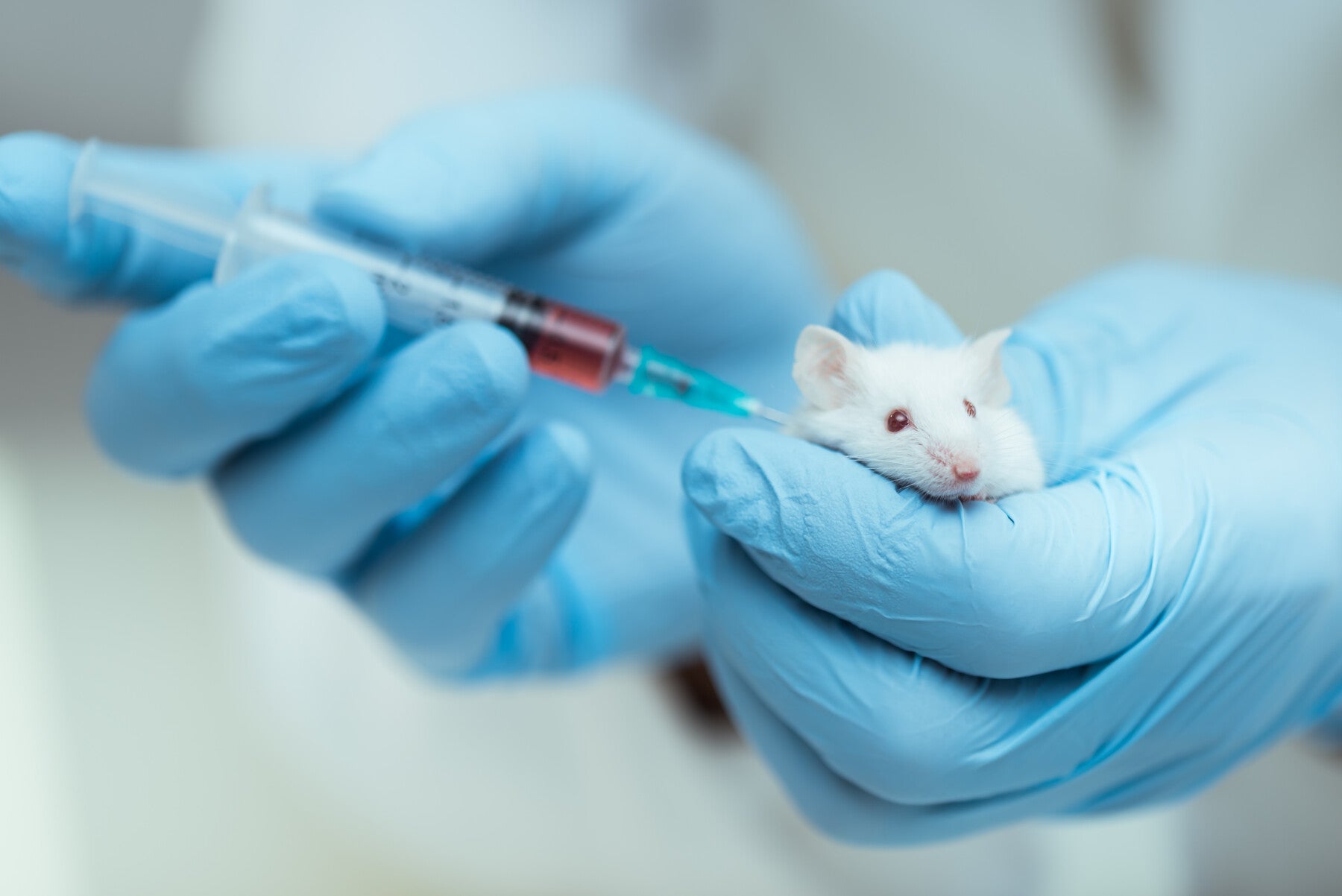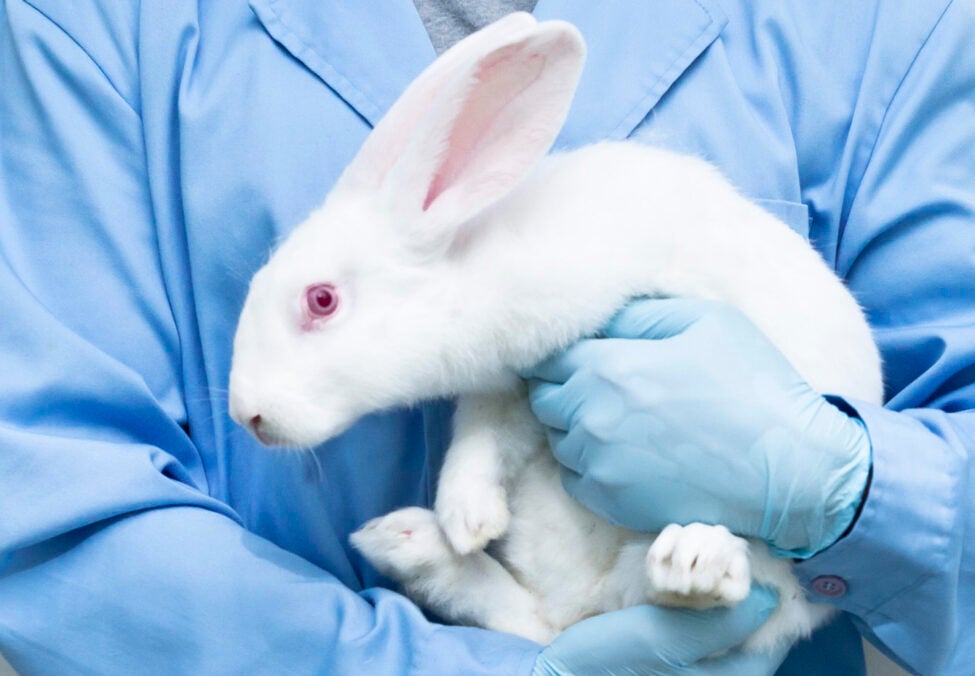
SEOUL—The annual statistics on laboratory animal use for 2020 revealed disappointing trends with regards to animal testing in South Korea. According to the Animal and Plant Quarantine Agency, 4,141,433 animals were used for testing in 2020, up 11.5% compared to the previous year (3,712,380 in 2019). This figure is a 43.8% increase compared to five years ago, when 2,878,907 animals were subjected to testing.
Meanwhile, this week, the Ministry of Justice proposed an amendment to the Civil Law, adding a new clause on the legal status of animals stipulating that animals are not objects. While Humane Society International/Korea welcomes this proposal, the latest animal testing statistics illustrate how much there is still to do at a government level to reduce the use of animals in experiments through effective replacement and reduction policies.
The greatest share of animal experiments were conducted under the regulatory testing category, recording 1,795,709 animals used. In addition, 299,344 animals were used for efficacy testing. This is a 900% increase compared to 2019 when 29,876 animals were used. For industrial chemical testing, there was a 43% decrease in 2020, recording 29,810 animals. HSI/Korea actively defended amendments to prioritize alternative methods in the Korea chemical registration law, K-REACH, which came into effect in 2019.
While Korea is embracing technological advances in every aspect of society, when it comes to research and testing, outdated approaches using animals are favored despite the rapid emergence of innovative, non-animal approaches, including internationally validated methods for regulatory testing. In recent years, human mimetic models like organ-on-a-chip, organoids and computer-based approaches such as in silico have proven to be successful alternatives to animal models and have received attention from global pharmaceutical industries and regulators. These technologies have the potential to improve safety and efficacy assessments and reduce the failure rates of candidate drugs at the clinical stage.
However, running against these global trends, in 2020 the Ministry of Education secured 150 billion Korean Won to build new animal testing centers at nine national universities across South Korea. HSI/Korea has called for this funding to be redirected toward creation of alternative method infrastructures instead. The Ministry of Education denied HSI/Korea’s proposal.
According to the Ministry of Science, Information and Communications Technology’s response to the enquiry on the 2021 budget information for animal experiments and alternatives, 28.6% of the ministry’s budget is dedicated to funding and supplying animal models. This budget enquiry was requested by Member of National Assembly, Ik-pyo Hong, at the Science, Information and Communications Technology Committee. Only 1.36% of the budget was allocated for the development of state-of-the-art human-based technology instead of animal models.
Assembly member Ik-pyo Hong said: “The 2020 statistics show how little attention has been paid to advance research technologies without involving animal suffering. The objective of developing methods that emulate human physiology, is to find more accurate and effective ways for treating human diseases and conditions. In addition, it is our responsibility as a society to adopt more compassionate approaches for animals. I believe we can do more to support this modern science and move away from animal testing. Ultimately, it is better for humans and animals.”
Borami Seo, senior policy manager for HSI/Korea said: “While public interest in animal protection gathers unstoppable momentum, over 10,000 animals died every day in 2020 in Korean laboratories. The science community and central ministries need to move away from the outdated and unscientific notion that more animal experiments are better. We need to bring public and private stakeholders together around a consensus strategy to develop, disseminate and apply non-animal, cutting-edge technologies.”
Last December, Assembly member In-soon Nam introduced a new bill entitled ‘Act on the Promotion of Development, Dissemination and Use of Alternatives to Animal Testing Methods.’ It aims to bring central government ministries, research and testing stakeholders together for strategic planning to advance scientific research without animal testing. The bill is currently awaiting its review at the National Assembly’s Health and Welfare Committee.
Read the official 2020 lab animal statistics in Korean
ENDS
Media Contact: Borami Seo: bseo@hsi.org

